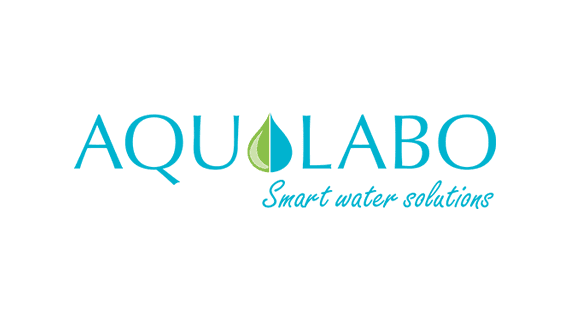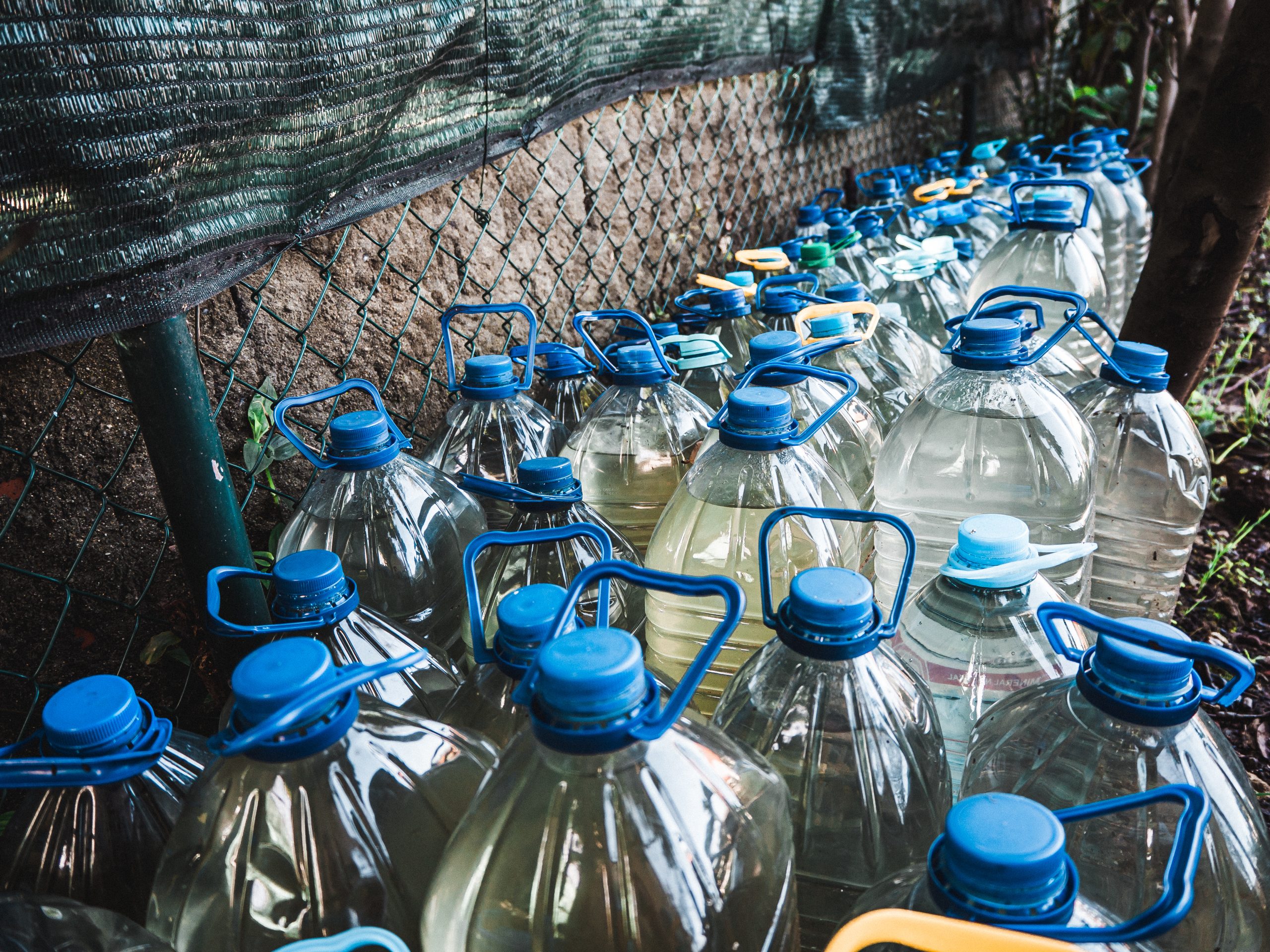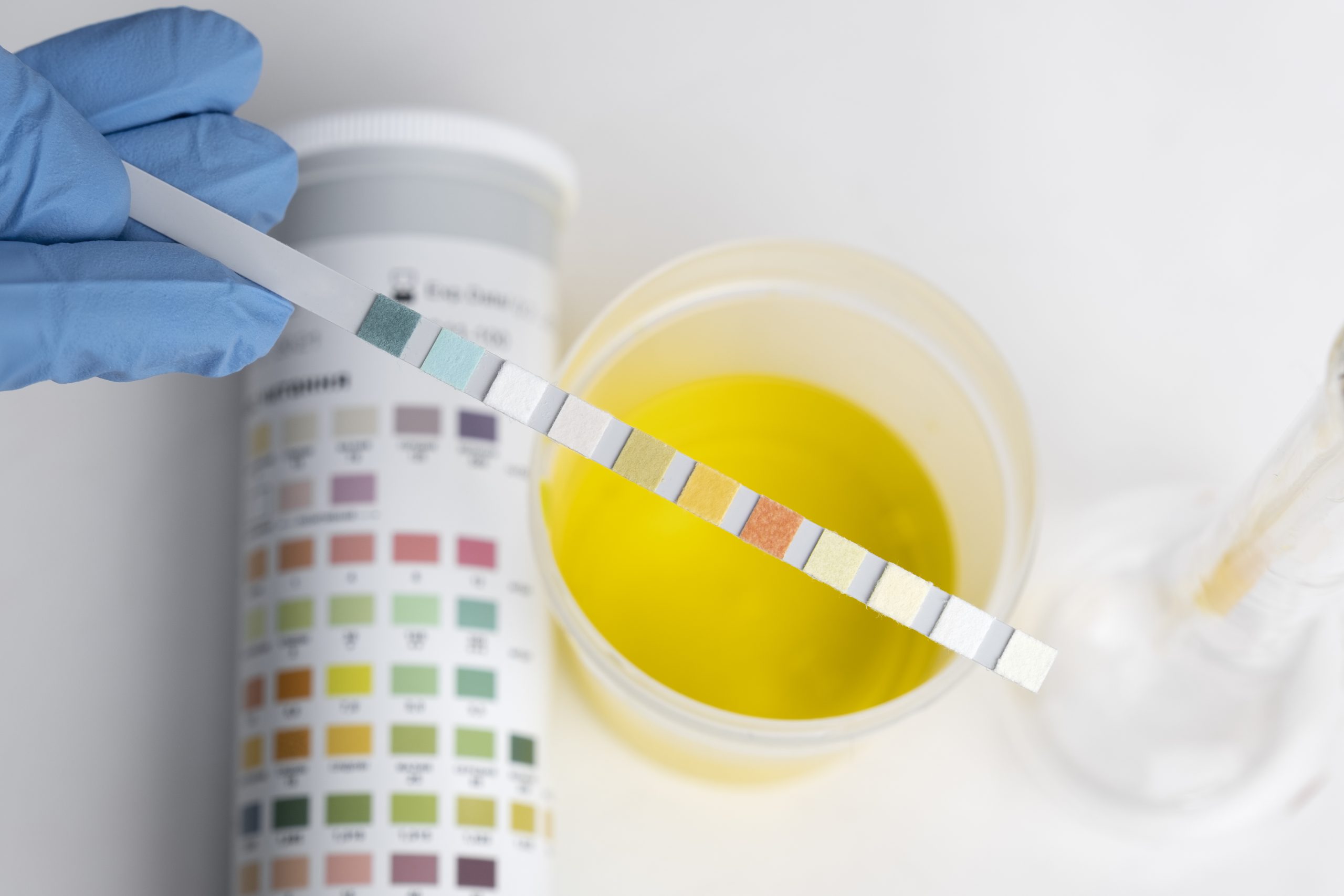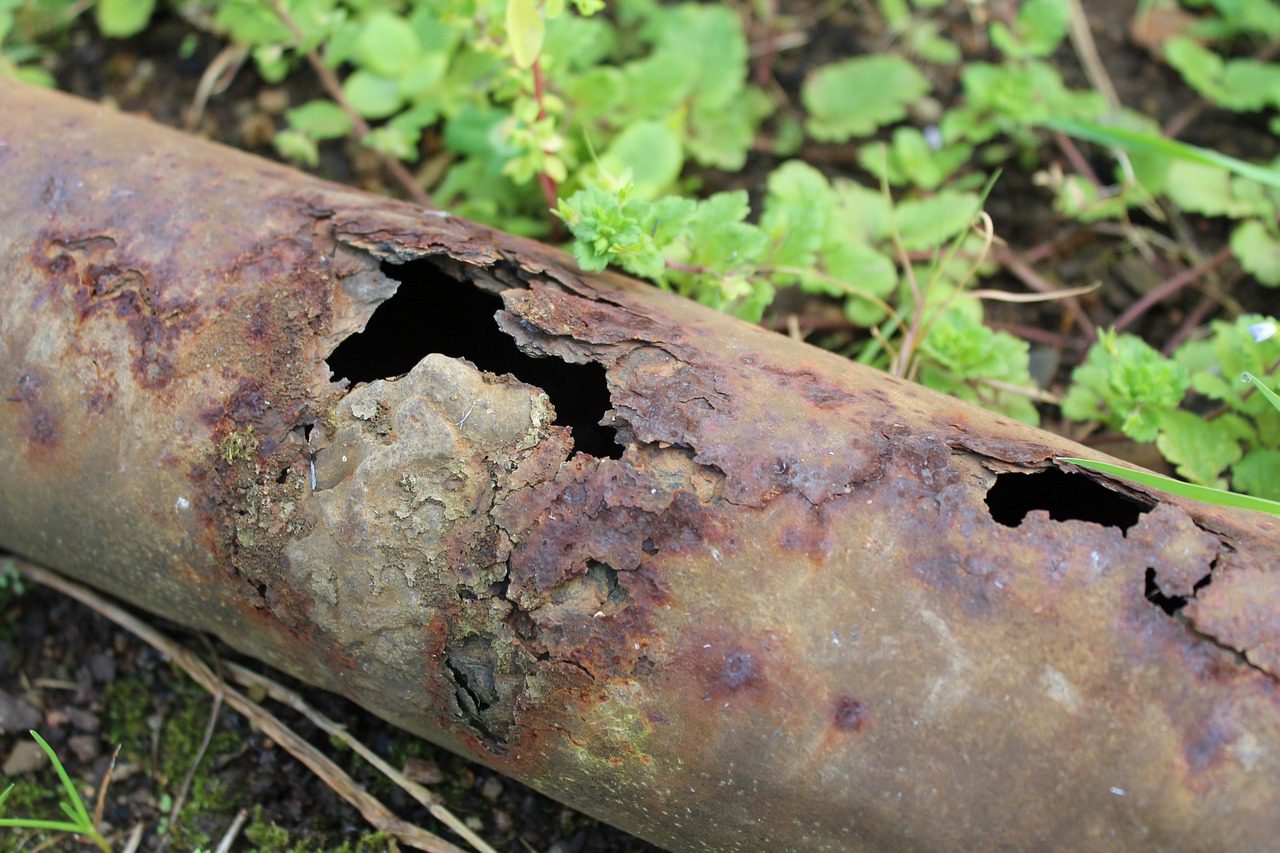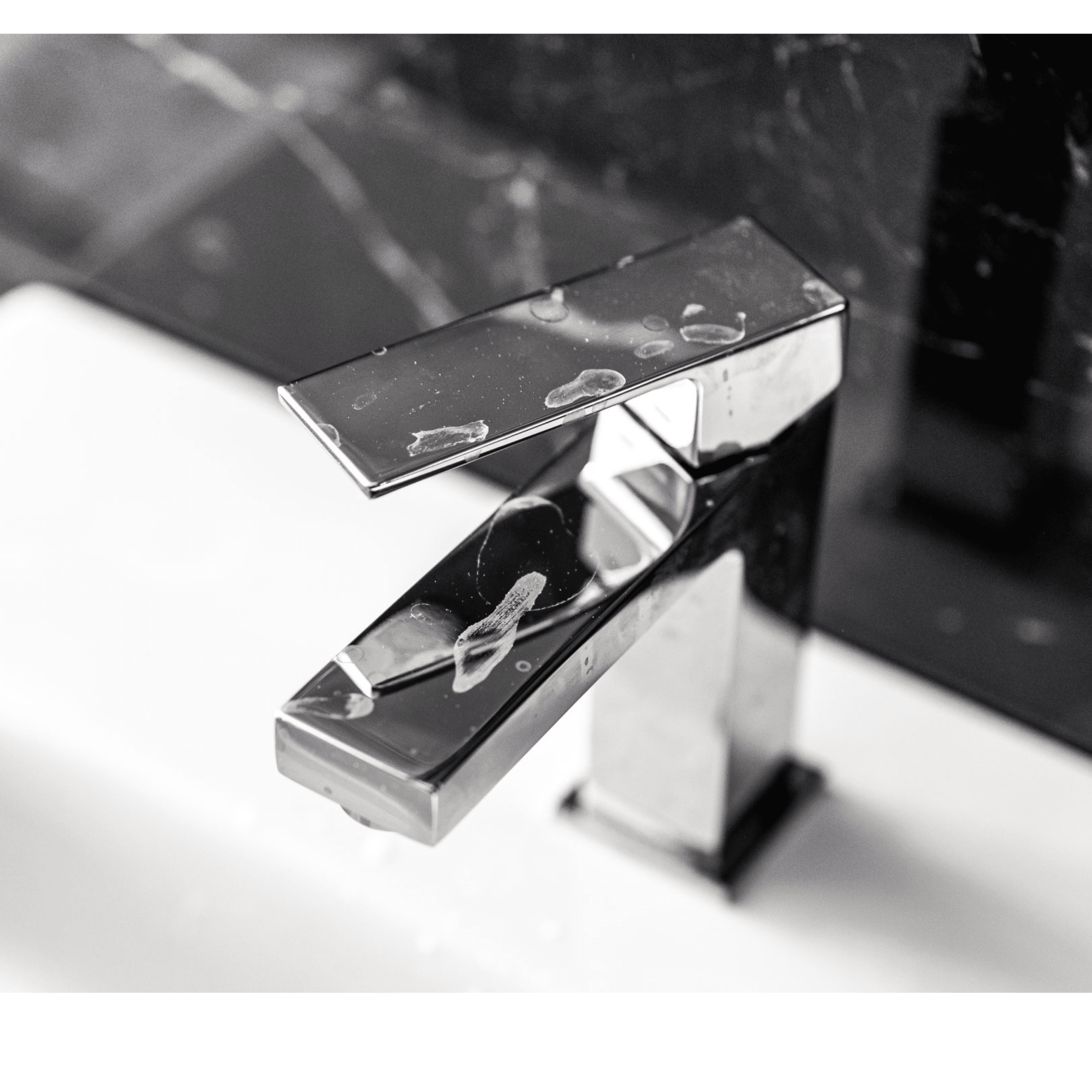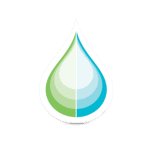How to test water hardness ?
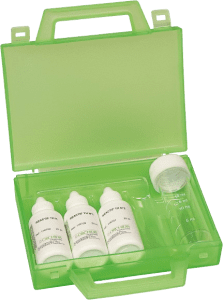
Testing water hardness is crucial for maintaining a healthy home environment and ensuring the proper functioning of appliances. Understanding how hard or soft your water is can help you make informed decisions about water treatment and appliance maintenance. This guide will walk you through various methods to check water hardness, from using simple test kits at home to sending samples to an independent laboratory.
The term “water hardness” refers to the concentration of minerals in water, primarily calcium and magnesium. These minerals are picked up by water as it travels through soil and rock. The presence of these minerals in high concentrations results in hard water, which can cause a variety of issues in household plumbing and appliances.
Methods for testing water hardness
Using a home water test kit
A straightforward method to monitor water hardness is by using a home water test kit. These kits are widely available and easy to use, making them a popular choice for many homeowners. They typically come with instructions on how to collect a water sample and interpret the results. Aqualabo offers several water test kits for measuring water hardness, such as dropwise titration test kits and burette titration methods, providing precise and rapid measurements.
To use a home water test kit, fill the provided vial with a sample of your tap water. Add a reagent to the sample according to the instructions. The water will change color, indicating the hardness level based on the provided color chart.
Using water test strips
Another convenient option for testing water hardness is water test strips. These strips are coated with chemicals that react to the minerals present in the water. Dip the strip into a water sample and compare the color change to the chart provided in the kit.
Water test strips are user-friendly and provide immediate results. However, while they offer a good indication of water hardness, they may not be as precise as other methods. They’re ideal for getting a general idea of water hardness.
Send a water sample to an independent laboratory
If you require highly accurate results, consider sending a water sample to an independent laboratory. This method involves collecting a sample of your tap water and sending it to a lab specializing in water analysis. Laboratories use advanced equipment to measure the exact concentration of calcium and magnesium, providing detailed insights into your water quality.
Though this method takes longer and may incur a cost, it is the most reliable way to determine water hardness. Lab tests can also detect other contaminants, offering a comprehensive water quality report that can inform any necessary treatment steps.
Interpreting water hardness results
Understanding the scale
Accurate interpretation of results is essential for making enlightened decisions and taking appropriate action to maintain the quality of the water and your equipment.
In French-speaking countries, water hardness is commonly measured in French degrees (°f). Water hardness levels are classified as very soft (0 to 8 °f), soft (8 to 15 °f), moderately hard (15 to 25 °f), hard (25 to 35 °f), and very hard (> 35 °f).
In German-speaking countries, hardness is measured in German degrees (°dH). Water hardness levels are classified as very soft (0 to 4 °dH), soft (4 to 8 °dH), moderately hard (8 to 14 °dH), hard (14 to 20 °dH), and very hard (> 20 °dH).
Globally, water hardness is frequently measured in milligrams per liter (mg/L) of calcium carbonate (CaCO3). Water hardness levels are classified as very soft (0 to 60 mg/L CaCO3), soft (60 to 150 mg/L CaCO3), moderately hard (150 to 200 mg/L CaCO3), hard (200 to 300 mg/L CaCO3), and very hard (> 300 mg/L CaCO3).
1 ppm = 1 mg/L CaCO3
1 ppm = 0.10 French degrees (°f)
1 ppm = 0.056 German degrees (°dH)
1 ppm = 0.07 Clark degrees (°E)
1 ppm = 0.058 grains per gallon (gpg)
Taking action based on results
Once you’ve determined your water’s hardness, you can decide on appropriate actions. For mildly hard water, routine use of descaling agents in appliances might suffice. With moderate to very hard water, consider investing in a water softening system (Water Softener) to prevent damage to plumbing and improve cleaning efficiency.
Water hardness in industrial applications
Water hardness plays a crucial role in industrial applications, impacting both operational efficiency and equipment longevity. Industries such as manufacturing, energy production, and food processing commonly encounter challenges associated with hard water, which contains high levels of calcium and magnesium.
These minerals can lead to scale buildup in boilers, cooling towers, and other critical machinery, reducing heat transfer efficiency and increasing energy consumption.
Monitoring and managing water hardness is essential to prevent costly downtime and equipment repairs. By implementing effective water softening solutions, industries can enhance system performance, extend the lifespan of their equipment, and optimize production processes. Understanding how to test and treat water hardness is therefore vital for maintaining industrial systems and ensuring optimal operational conditions.
Benefits of regular water hardness testing
Protecting appliances
Regularly checking water hardness helps extend the lifespan of appliances such as dishwashers, washing machines, and water heaters. In hard water conditions, mineral buildup can cause inefficiency and potential breakdowns. Monitoring and addressing water hardness ensures these appliances operate smoothly, saving you money on repairs and replacements.
Improving cleaning effectiveness
When water is hard, soap doesn’t lather well, affecting both personal hygiene and household cleaning. By keeping track of water hardness with a test kit, you can adjust detergent usage accordingly. Properly treated water enhances soap performance, resulting in cleaner dishes, clothes, and surfaces.
Aqualabo products for water hardness testing : Precision, Simplicity, and Reliability
Aqualabo offers several products for measuring water hardness, such as dropwise titration test kits and burette titration methods, providing precise and rapid measurements. The kits include options for various hardness ranges and are designed for ease of use and reliability. These solutions are ideal for frequent and rigorous analysis of water hardness in both domestic and industrial settings.
1. Dropwise Titration Test Kits:
These kits are ideal for quick and accurate analysis of water hardness. Designed to be user-friendly, they include specific reagents for measuring different hardness ranges. Dropwise titration delivers reliable results within minutes, making this kit perfect for frequent testing at home or in the laboratory.
The dropper bottle titration method changes the color of the sample from red to blue at the equivalence point. The number of drops needed for the color to change represents the hardness concentration
2. Burette Titration Methods:
Aqualabo’s burette titration methods are designed for detailed and professional analyses. The burette, with its extended capacity for storing titrants, allows for a greater number of tests to be conducted rapidly. This feature speeds up the analysis process and increases the number of tests that can be performed. By providing enhanced accuracy and easy control of reagent volume, this device is particularly suited for industrial environments or laboratories requiring frequent and efficient analyses.
Optional: burette with a stand or burette with bottle pressure fill.
Advantages of Aqualabo Solutions:
- High Accuracy: Products are designed to deliver precise water hardness measurements, ensuring reliable results.
- Ease of Use: Kits are intuitive and easy to operate, even without specialized training, enabling effective and independent testing.
- Quality French Manufacturing: With over 70 years of expertise, Aqualabo offers products made in France, guaranteeing exceptional quality and durability.
- Solutions for All Needs: Aqualabo’s products cover a wide range of hardness levels, meeting various needs for both domestic and industrial use.
- OEM and Custom Labels: Aqualabo offers OEM solutions with custom labels, allowing easy integration into existing systems and customization for specific professional requirements.
- Flexible Transport Options: Kits and equipment are available in various carrying case sizes, offering optimal flexibility for storage and transport based on your needs.
More Info: Water Hardness test (aqualabo.fr)

